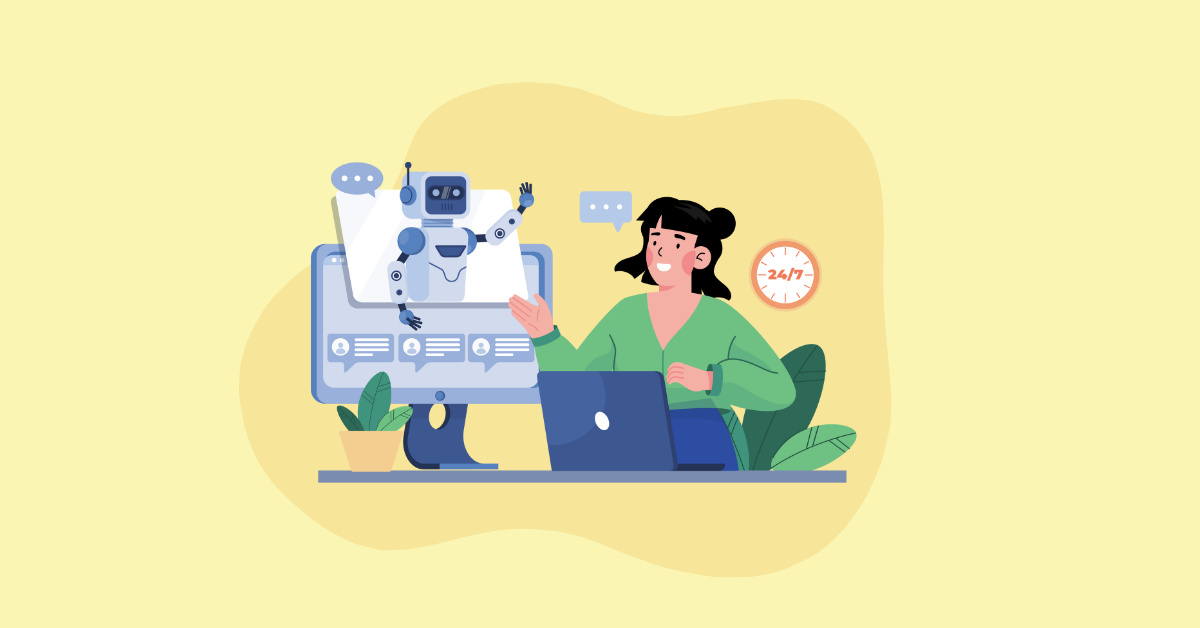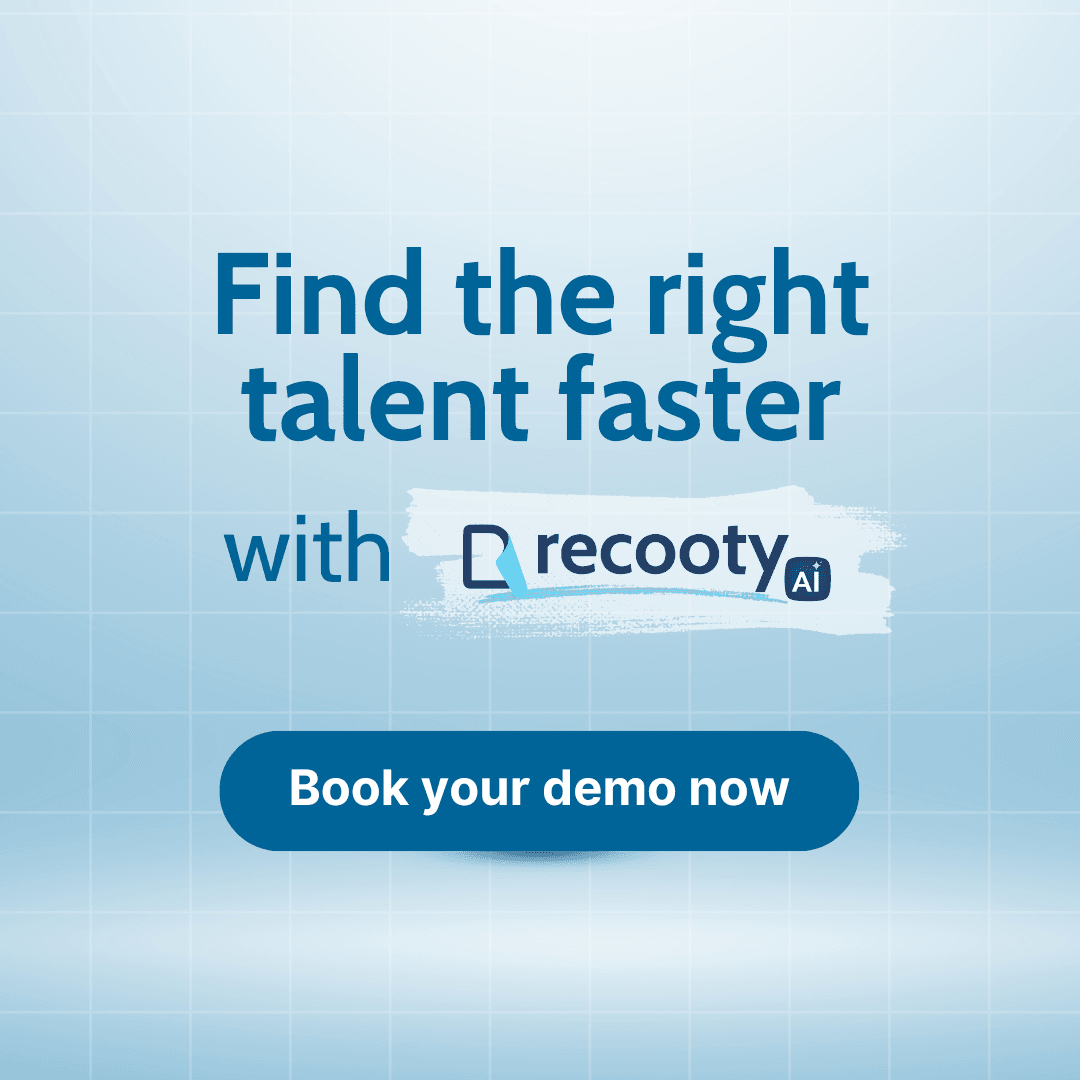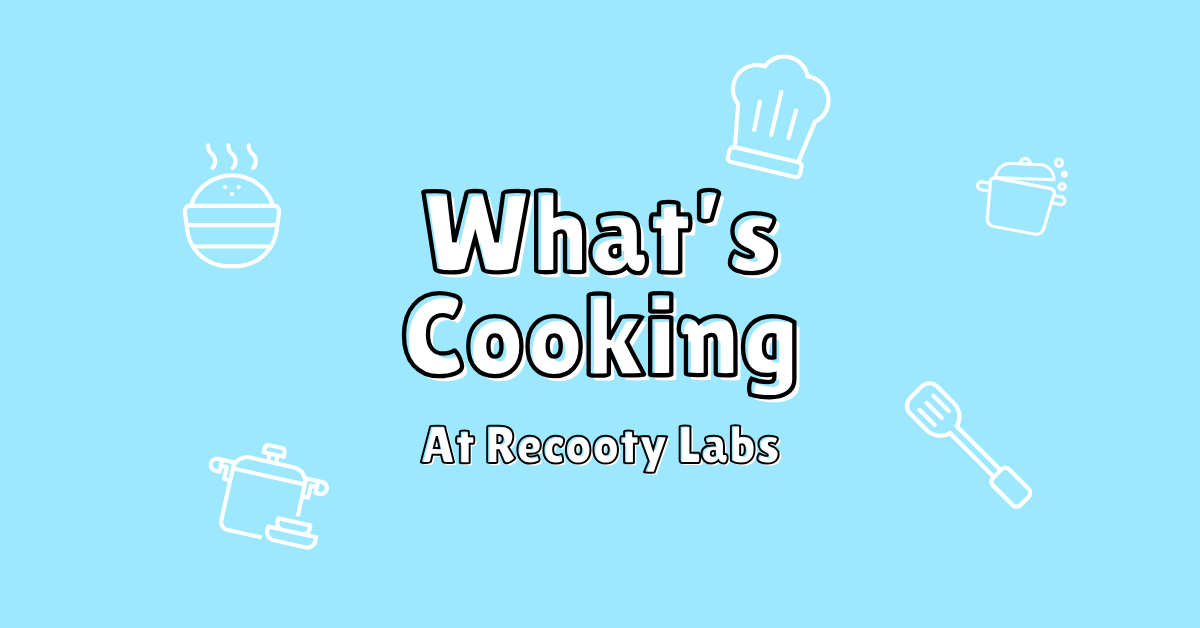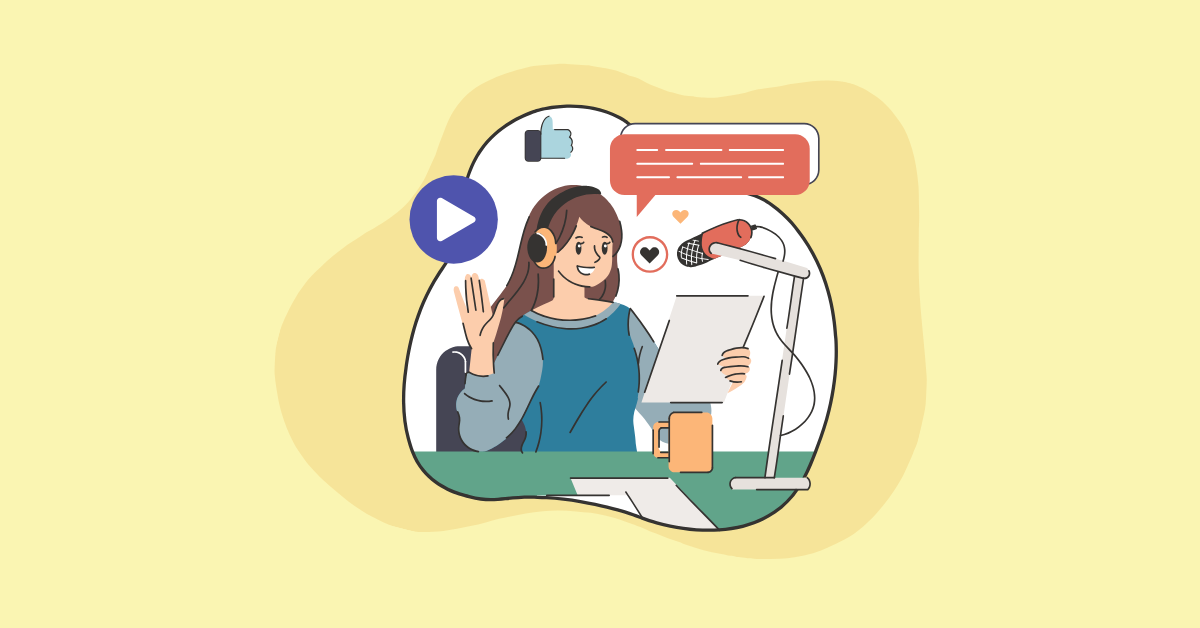
AI is taking over every industry to replace the daily mundane tasks of employees. Its integration into day-to-day operations is an example of how the tasks and operations of different departments can be narrowed down with the least human effort, leaving room for new possibilities for planning and discovering ways for innovation and team involvement.
AI has also revamped the recruitment industry to simplify the hiring process and modify HR managers’ roles in organizations, making their roles more employee-centric by focusing on enhancing their experience and building a healthy culture in the organization.
Laura Close widely appreciates Artificial Intelligence’s (AI) role in getting the right candidate on board: ” By harnessing the power of data and AI, HR can move from reactive to proactive, building a future-proof workforce that delivers exceptional results.”
The integration of AI in every organization’s software differs depending on their needs and objectives.
But here are some of the ways how AI can support and mould your experience in the HR journey-
How AI can help in your HR journey
Recruiting
From attracting to shortlisting, AI integrated into your ATS(Applicant Tracking System) can help you find better candidates with the least human effort. AI candidate matching can shortlist candidates who match the best with the job description and skills required for the role. So you won’t be in any dilemma to choose a better candidate as the AI score will clearly depict the better one.
It can also provide you with a short summary of the candidate’s professional experience and skills based on their resumes providing a reasonable opinion for the selection of the candidate.
Job postings on multiple job boards with AI-generated job descriptions are also possible with a few simple clicks.
If the ATS has an integrated email scheduler with AI recommendations, it can save a lot of time in drafting emails for every hiring stage. Be it accepting the application and congratulating the candidate or informing them about rejection. This feature can turn you into a sophisticated email writer.
Employee Engagement and Experience
AI empowers the people and culture department to conduct more effective engagement surveys by ensuring that every employee feels safe to express their true opinions.
Through advanced sentiment analysis, AI can quickly evaluate feedback, identifying the emotions behind responses to gain a deeper understanding of how employees feel about their work, their teams, and the company as a whole. This process keeps individual feedback anonymous, fostering a culture of openness and trust.
After gathering the data, AI tools can analyze it comprehensively, using statistical techniques to spot patterns and trends that might not be immediately obvious. By providing these detailed insights, AI helps leaders pinpoint areas needing attention, make data-driven decisions, and craft strategies that enhance the overall employee experience.
HR Planning
By leveraging advanced data analysis through AI, the HR team gains the ability to thoroughly examine the annual recruitment and hiring process in a way that is both comprehensive and precise.
AI tools can scan through vast amounts of data to provide a clear picture of critical metrics, such as how many employees were hired and how many left the organization throughout the year. These tools can also map out the number and timing of recruitment cycles, showing when and where hiring efforts were most effective.
With these insights, HR can better understand the efficiency of their hiring practices, identify potential bottlenecks, and make strategic adjustments to improve the overall recruitment process.
This data-driven approach enables HR to not only optimize resource allocation but also align their strategies more closely with the organization’s growth goals.
Employee Onboarding/Offboarding
An advanced Human Resource Information System (HRIS) powered by AI can significantly enhance the onboarding experience by making it smoother and more engaging for new employees. For example, the system can create personalized welcome messages and dashboards tailored to each new hire, giving them a sense of belonging from day one. It can automatically schedule essential training sessions, helping new team members quickly understand their roles and responsibilities.
AI-driven chatbots can guide them step-by-step through completing the necessary documentation, answering common questions, and ensuring all legal and procedural requirements are met without confusion or delay.
The system also streamlines setting up payroll information, making sure everything is accurately configured from the start. This integration of AI into HRIS helps new employees feel more supported and confident as they settle into their new roles, reducing stress and accelerating their journey to becoming productive team members.
AI can also play a crucial role in streamlining the offboarding process, ensuring it is handled with the same care and efficiency as onboarding.
AI tools can automatically manage exit surveys, allowing departing employees to provide honest feedback about their experiences, which can be invaluable for improving workplace culture and practices.
These surveys can be analyzed quickly to identify common themes or concerns that need addressing. AI can also compile a detailed overview of an employee’s performance during their tenure, combining quantitative metrics and qualitative reviews to offer a balanced perspective on their contributions and growth.
Additionally, it can highlight areas where the employee showed potential for improvement, which can be useful for future training and development programs. By handling these tasks smoothly and thoughtfully, AI makes the offboarding process respectful and meaningful, helping to maintain positive relationships even as employees transition out of the organization.
Performance Review
An AI-powered system that monitors employees’ daily activities can be a game-changer for managers, providing a clear and accurate picture of team productivity and performance.
Such a system can automatically track the progress of ongoing tasks, document completed projects, and measure how efficiently each task is being performed. Instead of manually checking in on each team member, managers receive comprehensive reports that highlight who is doing what, how much time is being spent on each activity, and where there might be delays or roadblocks.
This detailed overview allows managers to quickly identify high performers, support those who may be struggling, and make informed decisions to balance workloads or reallocate resources. By providing real-time insights into team dynamics and individual contributions, this AI-driven approach helps managers lead more effectively, fostering a more productive and collaborative work environment.
Summing it up….
AI is rapidly transforming the role of HR managers, and even integrating fundamental AI tools into everyday HR processes can significantly enhance the team’s overall performance and impact.
By automating repetitive tasks like scheduling interviews, managing payroll, or sorting through resumes, AI allows HR professionals to focus on more strategic activities, such as talent development, employee engagement, and fostering a positive workplace culture.
These tools can analyze vast amounts of data to provide actionable insights into workforce trends, employee satisfaction, and potential areas for improvement. This not only boosts efficiency but also empowers HR teams to make more informed decisions that directly benefit both the organization and its people.
As AI continues to evolve, it opens up new possibilities for human potential in the workplace, enabling HR to play a more dynamic role in driving innovation and growth.
Frequently asked questions
AI integrated into your ATS(Applicant Tracking System) can help you find better candidates with the least human effort. AI candidate matching can shortlist candidates who match the best with the job description and skills required for the role. So you won’t be in any dilemma to choose a better candidate as the AI score will clearly depict the better one.
With AI, the people and culture department can plan and conduct engagement surveys while maintaining anonymity with an advanced sentiment analysis to understand employee satisfaction and experience. The results can be further analyzed by AI tools with statistics.
With advanced data analysis integrated with AI, the HR team can analyze the annual recruitment and hiring process with analytics which can help in understanding criteria including the number of employees hired, offboarded, and number of recruitment and hiring cycles that took place in a year.





